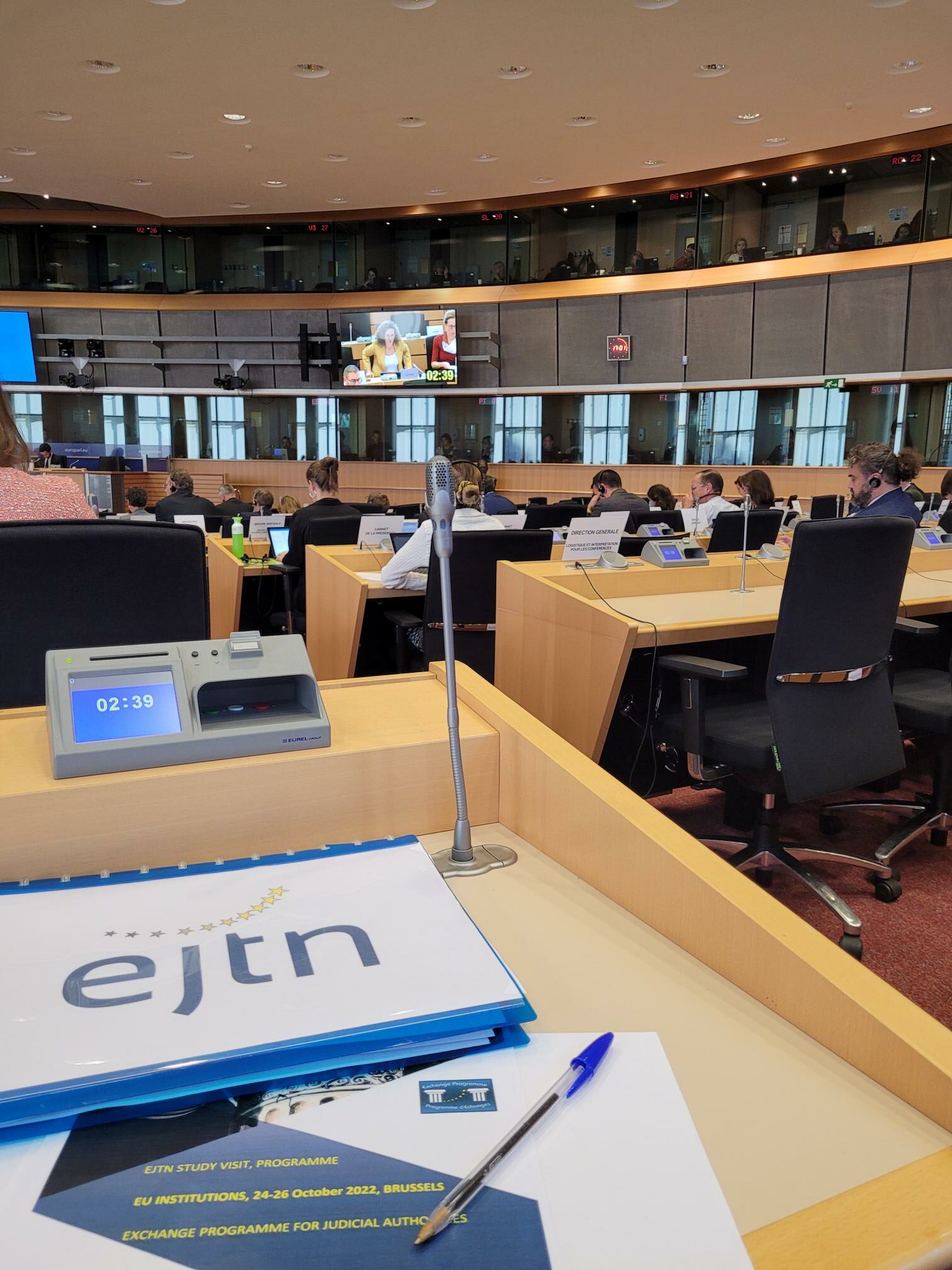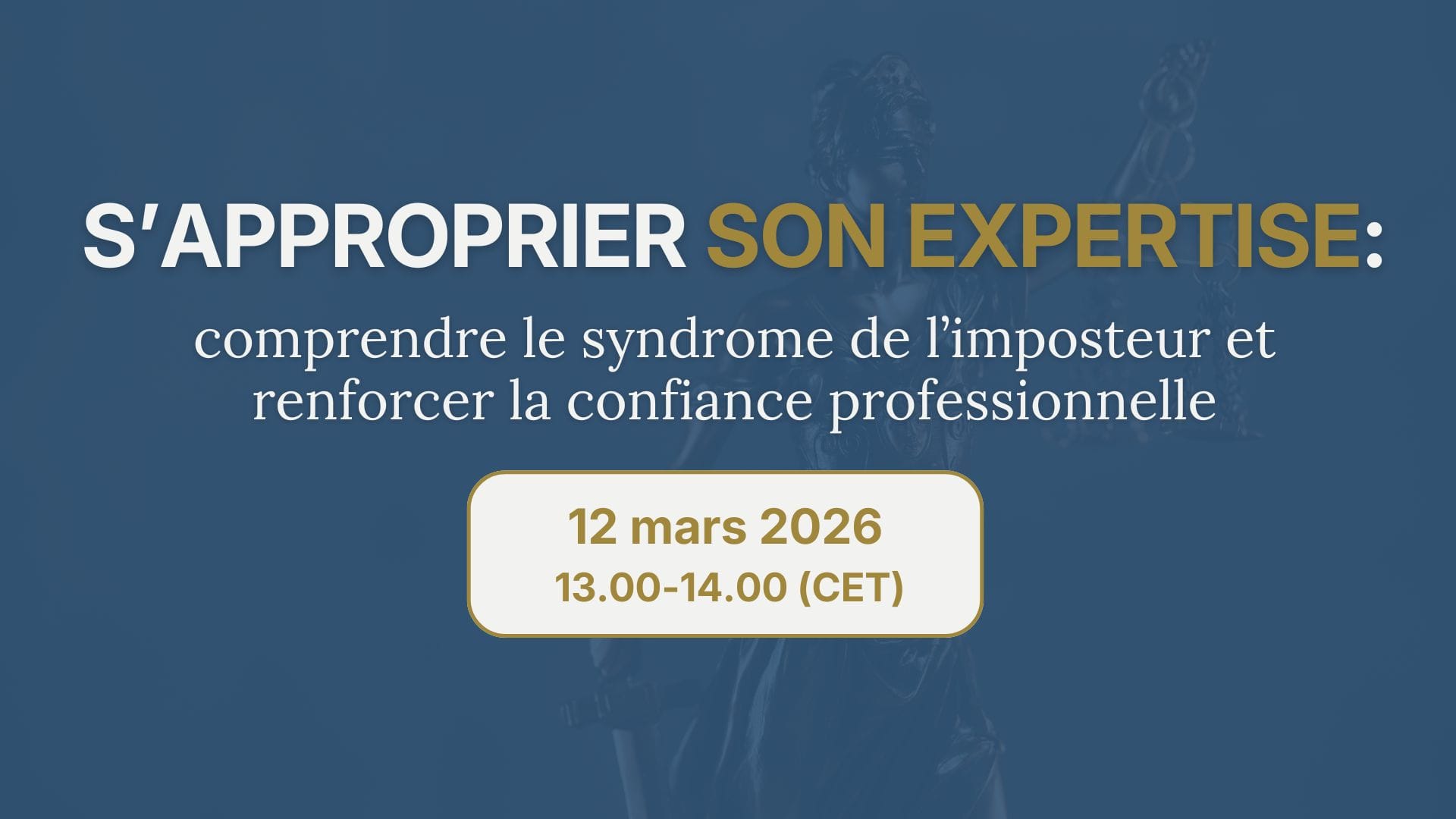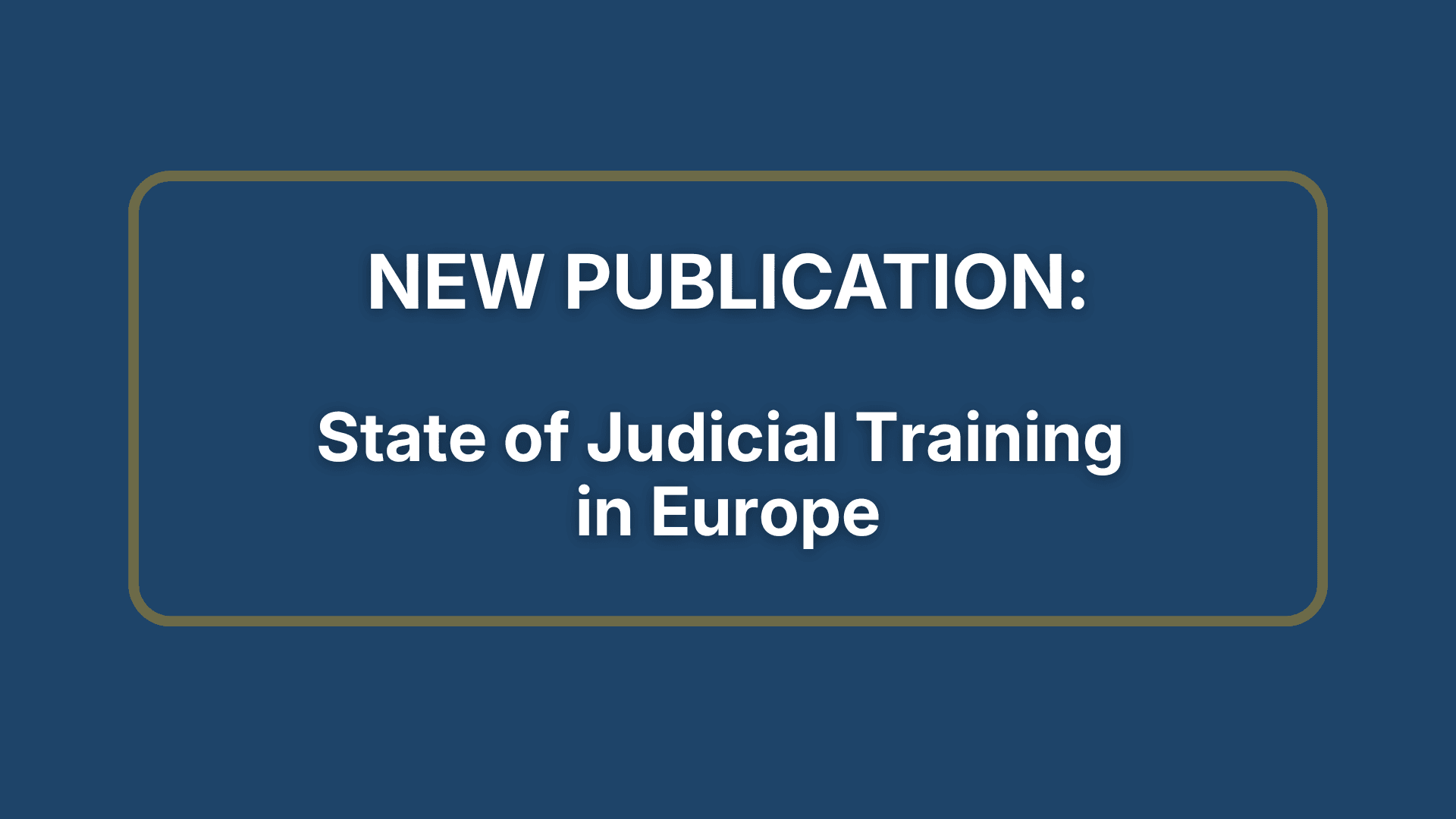From 24 to 26 October, 34 judges, prosecutors and court/prosecution staff benefited from the study visit with the EU institutions in Brussels, organised under the EJTN Exchange Programme, in cooperation with 5 institutions and offices of the European Union (EU): the European Commission (DG Justice & Consumers), the Council of the EU, the European Parliament, the European Anti-fraud Office (OLAF) and the European Data Protection Supervisor.
EJTN has been closely working with its long-lasting partner institutions and offices to provide participants with insights into the EU law making process, role of each institution and work of the EU on justice matters. Particularly, expert speakers, including judges from EU Member States currently working within the EU institutions and offices, exchanged with the participants about important recent topics, such as the European Public Prosecutors Office (EPPO) and its relations with OLAF’s work, the data protection case law of the Court of Justice of the EU. With 19 EU Member States represented, the study visit was also an occasion for the participants to expand their professional network, to build mutual trust and to further learn about other national judicial systems.
Rule of law, a key topic on the agenda of the EU, was a subject of the debate during the study visit. Participants attended a session of the Committee on Civil Liberties, Justice and Home Affairs (LIBE Committee) of the European Parliament with a live exchange of views on the ‘2022 Rule of Law Report – The rule of law situation in the European Union’ between the members of the Committee and the Commissioner for Justice, Didier Reynders. Attending such live working session of the LIBE Committee was later assessed as one of the most appreciated aspects of the study visit. “Attending the LIBE Committee session was a truly unique experience to witness the actual work of the European Parliament” commented a Hungarian judge participating in the study visit. “It was very interesting to see democracy in action” added a Slovenian court staff. Prior to the attendance to the LIBE Committee session, participants could grasp elements of context and methodology both from the European Commission and the Council of the European Union. This ensured that they had the necessary background information to fully benefit from the session.
EJTN Exchange Programme offers each year 17 study visits in the following European and international organisations: the Court of Justice of the EU, the European Court of Human Rights, Eurojust, the EU institutions in Brussels, the EU Agency for Fundamental Rights, The Hague Conference on Private International Law and the Max Planck Institute for Social Anthropology. These are 17 opportunities to get a glimpse of the functioning of the host organisations and to understand their work in the justice area.
Interested in taking part? The next call for applications for the study visits of the first semester 2023 will be published on 14 November! EJTN looks forward to receiving the applications of the many interested EU judges, prosecutors and court/prosecution staff.




